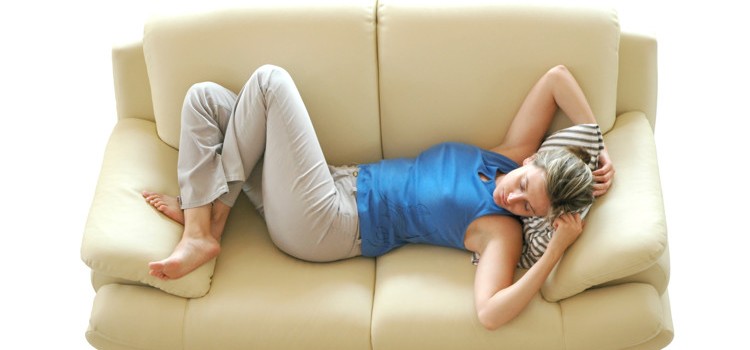
While it is not uncommon for people to have trouble sleeping, it can be a problem if it is happening every day for weeks, months, or even years on end. Lack of sleep can be hazardous for your health. It can cause you to be less energetic in necessary daily functions and have trouble concentrating, and even make you irritable throughout the day. Sleep disorders have also been linked to cardiac issues, moving the inconvenience for sufferers into the realm of a serious health danger. Fortunately, no matter how long someone has been suffering from it, there are solutions to correct it and get your sleeping back on track. Some signs and symptoms of sleep disorders are:
• Feeling irritable or sleepy during the day
• Needing caffeinated drinks to stay awake
• Trouble concentrating
• Difficulty staying awake when sitting still, such as driving, watching television, reading
• Naps are a necessity for you every day
• Emotional Issues
The most common sleeping disorder is insomnia. This is the inability to fall asleep or stay asleep through the night. Stress and anxiety are some of the main contributing factors of insomnia. Some signs and symptoms of insomnia are:
• Waking up many times during sleep
• Sleeping does not refresh you, and it feels light, exhausting and/or fragmented
• Feeling sleepy during the day
Sleep Apnea happens when there is a blockage of your airway, causing you to temporarily stop breathing during sleep. It also can make you grind your teeth (bruxism). These can interrupt your sleep, which can make you feel tired during the day, even if you sleep for 7-9 hours. Sleep apnea can be treated with a breathing device called Continuous Positive Airway Pressure (CPAP) or surgery. Also, a dental guard can be used for teeth grinding. Side effects of sleep apnea are:
• Loud snoring
• Teeth grinding while sleeping
• Gasping, choking, snorting, and/or frequent pauses during sleep
Restless Leg Syndrome (RLS) is the need to move your legs because of a tingling or aching sensation, making it hard for you to sit still. Side effects of RLS are:
• Frequent jerking and cramping of legs during sleep
• The sensations in your legs go away only when you move them
If you fall asleep at unpredictable times such as driving, in the middle of a conversation, or even at work this could be narcolepsy. This disorder causes excessive sleepiness during the day. Side effects of Narcolepsy are:
• Hallucinations
• Loss of muscle control in the daytime, called cataplexy
• Memory loss
• Temporary inability to move or speak while falling asleep or when you wake up
There are ways to treat these sleeping disorders. You can:
• Cut down screen time before sleeping.
Watching television, reading online, or being on social media sites right before bed can actually make it hard to fall asleep. The light from your television, computer, phone, tablet, etc., can decrease the amount of melatonin in your brain. However, the melatonin needs to increase so that you can fall asleep. If you can help it, it is a good idea to not do these activities an hour or so before bedtime.
• Exercise.
Good exercise early in the day can make it easier to sleep at night and is just great for your health in general.
• Try your best to create a regular sleeping schedule.
Our lives can be busy and hectic, but if you can, try to go to sleep and wake up at the same time every day. This is especially helpful for those who have a steady and consistent work and school schedule.
• Sleeping Pills.
These are good to use occasionally. However, sleeping pills should not be used as an everyday remedy because they work temporarily; they are not a cure.
If none of these methods work, it may be time to see a doctor. Your doctor may be able to help you find and solve the underlying cause; it is possible that you could be having trouble sleeping because of other health conditions too.
By Ashante Coty
Sources:
Mayoclinic
WebMD

